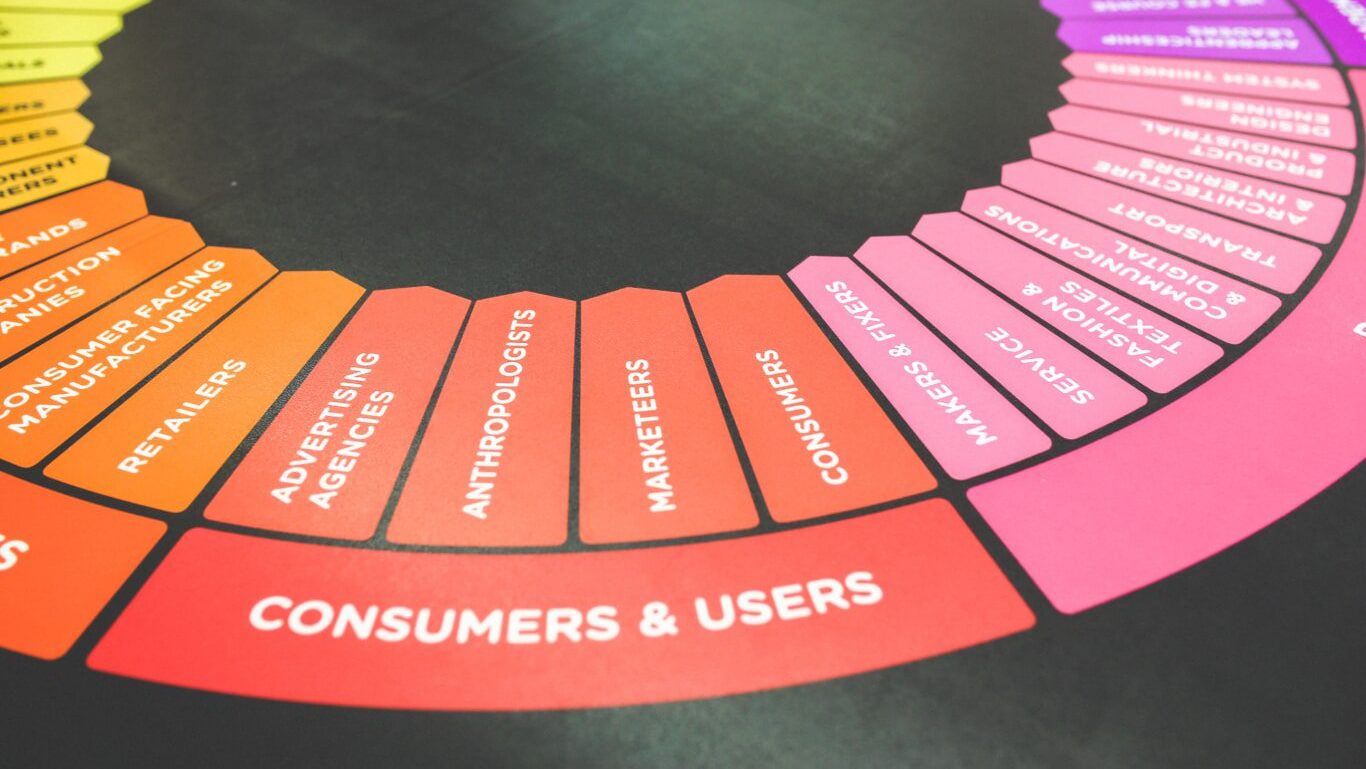The hype surrounding an entertainment product can be beneficial if it lives up to expectations and surpasses them. But it can also be a product’s downfall when it overhypes expectations. Marketing hype might even be the reason a product outright flops upon release. Can marketing hype be so successful it sinks a project before it even gets off the ground? With examples from movies, video games, and more, let’s take a look at the practice of marketing hype and how to harness it.
Building up hype is fun
Everyone loves a good underdog story. We root for our favorite sports team as it works its way up to win championships, or we tell our friends about how a book was the next big thing even though no one else has read it yet. That is all marketing hype—building up an entertainment product in hopes that you’ll convince someone to consume it. Marketing can play a part in the story of a product, but perhaps it’s time to rethink how we approach hyping-up products.
There’s always a risk
When marketing hype over a game reaches a fever pitch and expectations become unreasonable, it can turn off gamers who feel betrayed. And at that point, even if a released title eventually becomes excellent (or at least good), it may be too late—some players might already have written it off as disappointing or just plain bad. Unfortunately, even a good marketing campaign can set a product up for failure. Look at Cyberpunk 2077, which had around a decade of hype and expectations. The excitement for it only increased when an impeccably-looking trailer claimed to show actual gameplay. The gameplay did not live up to the trailer- let alone a decade of expectations upon release. This phenomenon is not only true for video games.
Movie releases tend to follow a marketing formula: teaser, trailer, second trailer. The teaser creates intrigue by showing vague clips, probably with a voiceover. Then there’s a trailer that will give away a plot point or two. Finally, the second trailer usually contains snapshots of the most significant moments in the movie. Giving away the biggest moments before people have seen the content feels dated now that we have access to thousands of movies at home. As audiences get used to tropes and formulaic storytelling, a trailer that reveals “just enough” might tell too much.
Marketing hype too big to meet
A marketing campaign gone wrong can break a product. While marketing hype can build and keep interest over time, it also has its dark side since expectations get higher with content released around a product. When a company does not meet those expectations, it has a significant backlash from those who feel deceived. I would argue the best content to come out of Disney’s Star Wars sequel trilogy was the teaser for “The Force Awakens.” And yet it still set up the film to fail because fans ultimately felt it was purposefully misleading.
In some cases, however, we can get carried away. It’s easy to lose perspective when we fill up on too much hype before a product is even released. That’s as true for marketing professionals as it is for their audience. There’s no better example of marketing creating advertising you can’t live up to than the infamous Fyre Festival. After an incredibly successful marketing campaign featuring social media, models, and celebrities, the event itself was a catastrophe. Not only were there no models or famous people involved in the marketing campaign, but there was also no event. If you want to see successful marketing gone wrong, there are two whole documentaries detailing the Fyre Festival disaster.
Marketing gone right- more than hype promotion
The hype train is a positive thing for entertainment fans. We enjoy getting speculating about what’s to come. It’s one of our favorite parts about new releases in any medium—movies, TV shows, video games, and more. An unexpected example of marketing success came from using advertisement as more than a promotion campaign.
In 2019, Paramount Pictures released a trailer for its upcoming “Sonic the Hedgehog” film, based on the SEGA videogame franchise. The reaction was overwhelmingly adverse, with criticism focusing on the title character’s underwhelming CGI design. Instead of trucking ahead with the release of more promotional content, Paramount took note. They treated the reaction to the trailer like a focus group and went back to work. When the second trailer came out, Sonic’s CGI was closer to the character’s traditional design and much less uncanny valley. The film ended up being a success, with a second installment slated to come out and a third already in the works.
Should marketing evolve in the digital age?
Perhaps some unknown titles can benefit from a creative campaign to spread awareness to the public. However, it might be time to rethink marketing approaches to products for well-known titles. One of the most well-established videogame franchises, “Halo” has fallen victim to its marketing success with its last two releases.
“The Elder Scrolls 6” has been expected for over a decade and is announced to still be years away. And yet, articles keep popping up discussing its release date. Developers can read this as a sign the game will be successful regardless of how they market it. Releasing teasers to gauge fan reactions might be the right way for established movie franchises like Star Wars or Marvel. Once the film is out, production companies can release trailers without misleading audiences for secrecy or interest. As digital culture evolves, more aspects of what we’re used to will have to adapt. For now, trailers, ads, and other forms of marketing continue to serve as meme material.


























